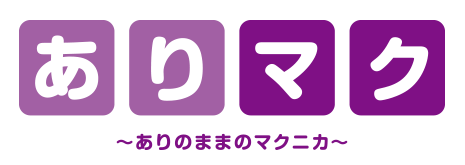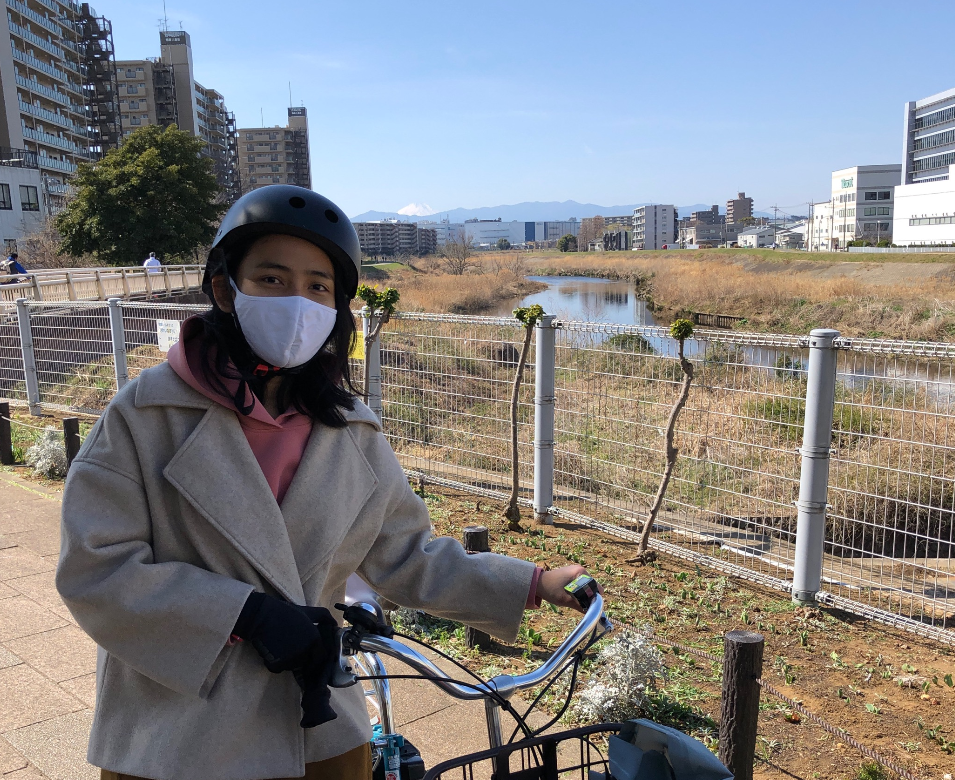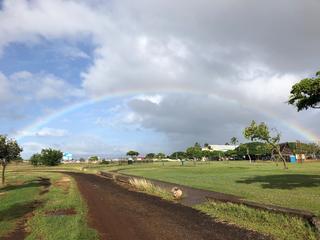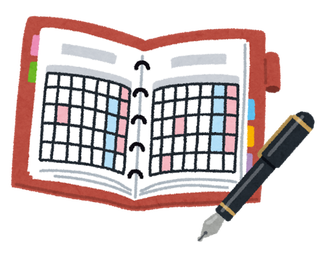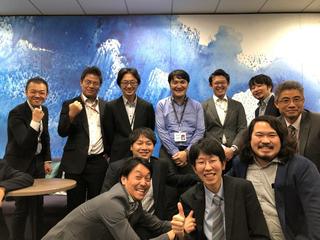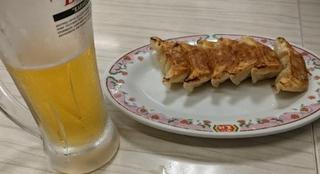Hello~ I'm MG. I'm an AI engineer from AI Research and Innovation Hub (ARIH) and Strategic Innovation Group (SIG) at Macnica. I've been working in Macnica for 2.5 years now. As the title implies, I'll be sharing my experience working in Macnica from the point of view of a person with physical disability. I hope this will give you an idea of the challenges and some good things experienced by people like me.
About me
After obtaining my Master's degree in Computer Science, I got the opportunity to work outside the Philippines. However, due to medical reasons, I needed to have my leg amputated. After one year of rehabilitation, I have started working in Macnica as an AI Engineer. Now, I can walk with the aid of a prosthetic leg and sometimes a cane. I still have problems with my leg or prosthetics which limits my activities, but overall, I can still have a relatively active lifestyle. I can still do my hobbies like riding my bike, taking care of my plants, and trying sports that can be done with a prosthetic leg. At first, I was a little worried to start working in a much different environment, but I decided to take the opportunity anyway.
Here's me enjoying a bike ride with a small Fuji-san (Mt Fuji) in the background.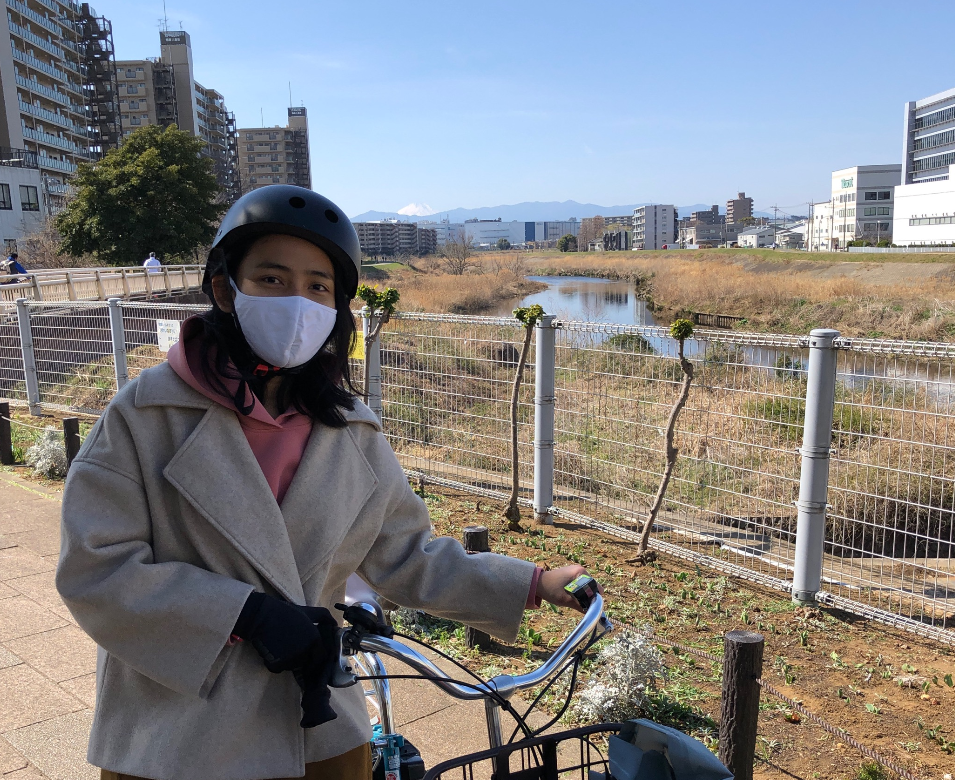
While my physical disability doesn't affect my work output, it surely affects my mobility. One challenge I encountered when I arrived here in Japan is walking long distances and climbing stairs. Public transportation in Japan is top-notch. However, my walking capability was still very limited when I arrived. Additionally, sometimes, I would get lost in one of Tokyo's big stations and can't find the elevator or escalator. This then forces me to climb a long and daunting flight of stairs. Thankfully, since I arrived, my walking capability improved, and I don't get lost as often in Tokyo's big stations.
One of the upsides of having a disability is having a disability notebook (身体障害者手帳). It's an ID given to people with physical disabilities which can be used for getting medical support. My Nihongo proficiency is still not high, so it was difficult for me to apply for the disability notebook on my own. Nevertheless, it was easier than expected because of the company's HR support. The HR person assigned to me accompanied me to get application requirements from the ward office and the hospital. I'm truly grateful to her!
Working in Macnica
As a person with disability, I had a great experience transitioning to working in Macnica. The company and my team are also accommodating and supportive of my situation. Since most of my work is done in front of the computer, there weren't many adjustments needed. However, there are times that I must opt not to go to the office because of difficulties with mobility. My supervisor is very understanding during these times and lets me work remotely, even if others have to go to the office. My teammates are also considerate of me. They acknowledge my physical limitations. For example, I don't join data collections if a fair amount of walk is needed. At the same time, they don't make me feel like I'm less capable to work. I think, I'm fortunate to feel comfortable on my work, as this may not be as true for others.
I also want to share the type of work I do as an AI engineer. Since I joined Macnica, I was able to work on many AI projects. We created PoCs and products for anomaly detection, 3D data, Japanese natural language processing (NLP), computer vision, agricultural technologies (agritech), brain technologies (braintech), and more. Because of this, I was able to experience working on a wide range of domains and technologies. Currently, I'm working on a product for Macnica's agritech solutions. Depending on the project, I also get to talk to customers to explain our solutions. There are also times that I get to write technical blogs and speak in webinars. We also present our products at conferences and conventions. In the future, we may be publishing research papers to showcase more of our technical knowledge.
In terms of social initiatives, ARIH also works on projects that accelerate the commercialization of AI technologies for social implementation- "seeker". Although I'm not assigned to it, ARIH worked on a project that utilizes AI to aid people with visual impairments. In collaboration with another organization, the project aims to create a device that will alert the user of dangers in station platforms, pedestrian crossings, or steps around the city. In the future, I truly hope that the product will aid in the safety of visually impaired people.
Conclusion
Before, I was worried about working in a new country, but now, I'm glad I took my chances. I encountered challenges, but overall, I'm grateful of all the experiences I gained. I'm thankful that I started my 会社員 (company employee) journey in Macnica. I get to obtain much experience and learned from my diverse team. However, I can't say that I'm always positive about my situation. There are days or weeks that I can't move around due to prosthetic leg defects or leg wounds. These times are frustrating because there's little I can do but rest or have my prosthetic leg fixed, which takes some time. The upside here is that at least I can still use my hands for work (o^▽^o)
Thank you for reading my blog! I hope this gives a small glimpse of what it is like being a person with physical disability in Macnica.
Here's me smiling in Macnica's purpose video.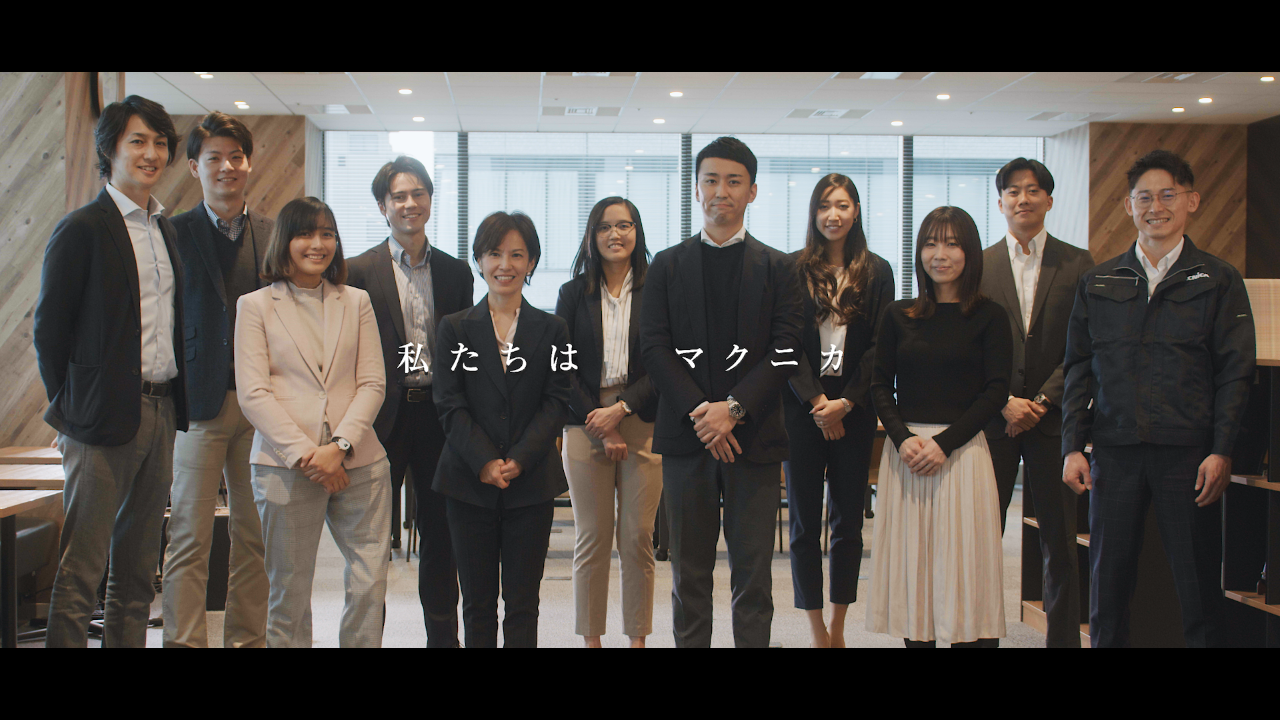
関連記事
前へ
不完全主義者の私からのエール
次へ
組み込みソフトウェア開発出身者が、ソースコードを書かなくても一端に 食えるようになるまで
